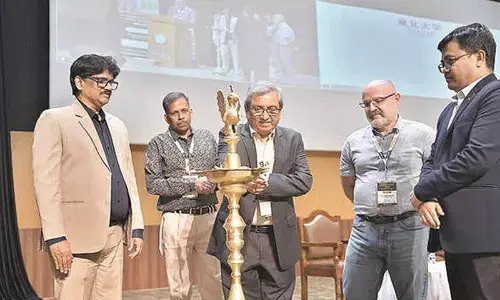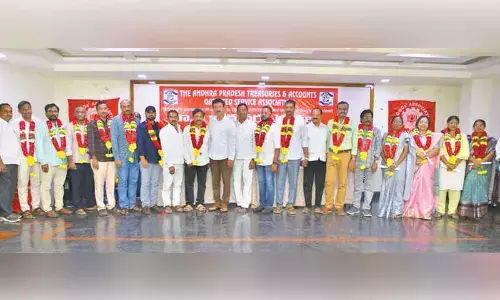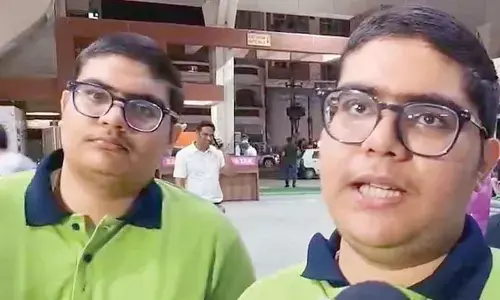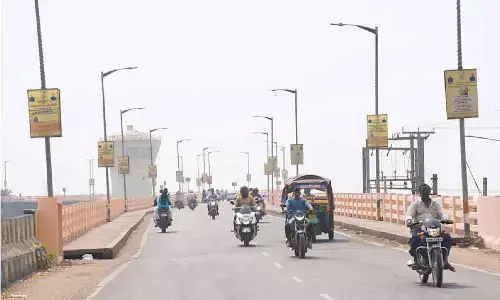Global conclave on plastic recycling kicks off in Delhi
Share :
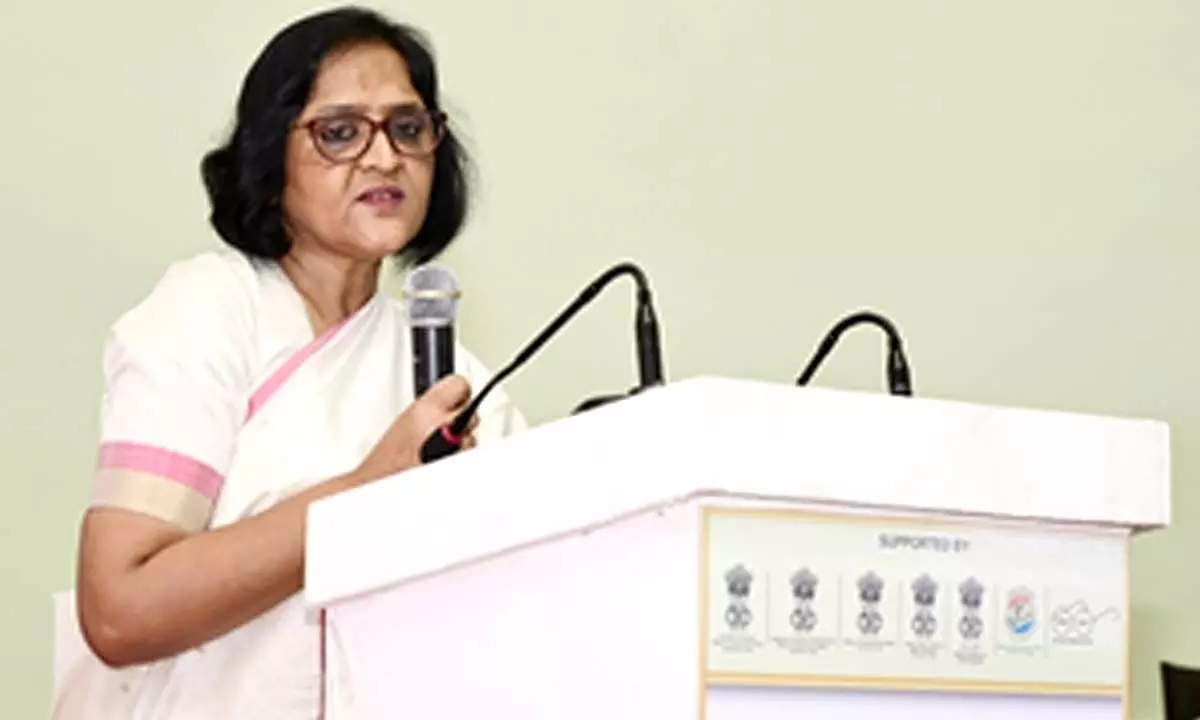
The four-day Global Conclave on Plastic Recycling and Sustainability kicked off at Bharat Mandapam in Pragati Maidan here on Thursday to brainstorm on ways to manage plastic waste and reduce pollution.
New Delhi: The four-day Global Conclave on Plastic Recycling and Sustainability kicked off at Bharat Mandapam in Pragati Maidan here on Thursday to brainstorm on ways to manage plastic waste and reduce pollution.
Secretary, Union Ministry of Chemicals and Fertilisers, Nivedita Shukla Verma, in her inaugural address said that the conclave was of paramount importance at a time when only 10 per cent of the total plastic waste generated globally was recycled.
She said despite transitioning from a material of wonder to a victim of its own success, the plastic industry remains one of the leading contributors to the economy and in providing employment to millions globally. She reminded stakeholders that a concerted and collaborative effort across various sectors is necessary to enhance recycling and manage plastic waste.
With environmental regulations tightening globally each day there was a need to become a sustainable circular economy at the earliest, she added.
The Secretary further stated that the government, in a bid to curb plastic pollution, had introduced the Plastic Waste Management Rules in 2016, which mandated extended producer responsibility, enforced stricter recycling package and banned specific single use plastic, and various amendments have also been made to the rules over the years to widen its ambit.
She also stressed the role of CIPET and DCPC in staunchly implementing the rules.
India's plastic recycling industry is rapidly growing, and is expected to reach $6.9 billion by 2033.
Government initiatives and a robust existing recycling rate of approximately 60 per cent highlight the country's commitment to managing plastic waste, Nivedita Shukla Verma said, adding that this conference will address critical issues in plastic waste management.
The conclave, jointly organised by the All India Plastics Manufacturers' Association (AIPMA) and the Chemicals and Petrochemicals Manufacturers' Association (CPMA), focuses on the rising use of plastic, its impact on the environment and also on the steps needed for solutions.
Various businesses and experts from across the country will grace the conclave over the four days.
AIPMA Governing Council chairman Arvind Mehta highlighted the support extended to the event by several ministries of the Central government, including the Ministry of Environment, Forest and Climate Change, the Ministry of Housing and Urban Affairs, Swachh Bharat Mission, the Ministry of Commerce and Industry, the Ministry of Micro, Small and Medium Enterprises (MSME Ministry), and the Ministry of Chemicals and Fertilisers.
CPMA president Kamal Nanavati, in his speech, emphasised that plastic waste management is a global issue requiring collaboration among all value chain participants and the government.
He said that the GCPRS aims to provide a platform for dialogue and discussion to develop solutions and the Indian industry is actively working to improve plastic circularity and ensure the effective implementation of regulatory requirements through cooperation with the government.

